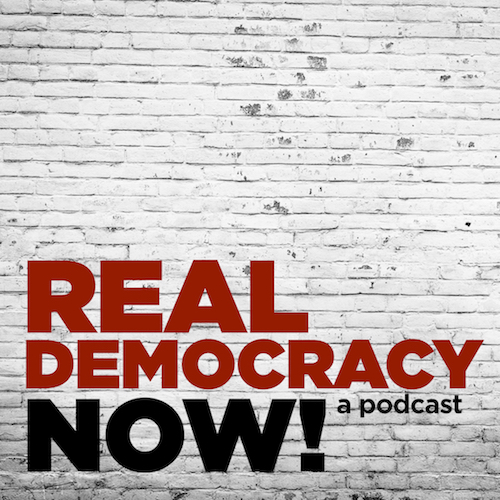In today’s episode, I speak with Professor Graham Smith and Professor Brigitte Geißel about the evaluation frameworks they have each developed to assess the value of democratic innovations.
I ask each of them how their frameworks apply to deliberative mini-publics and they provide quite different assessments of the value and effectiveness of deliberative mini-publics as democratic innovations.
Professor Smith’s framework identifies four democratic goods:
- inclusiveness
- popular control
- considered judgement and
- transparency.
Professor Geißel’s analytical framework comprises five criteria:
- inclusive participation
- meaningful participation
- legitimacy
- effectiveness and
- citizen enlightenment.
As you can see, there are some similarities between these frameworks. However, the conclusions each person draws about the value and effectiveness of deliberative mini-publics is quite different.
In next week’s episode (the final one for Season 1) I talk to three other academics who take a critical perspective on the operation of deliberative mini-publics:
- Professor Cristina La Font from Northwestern University in the US,
- Associate Professor Caroline Lee from Lafayette College in the US and
- Associate Professor Genevieve Fuji Johnson from Simon Fraser University in Canada.
I hope you’ll join me then.
